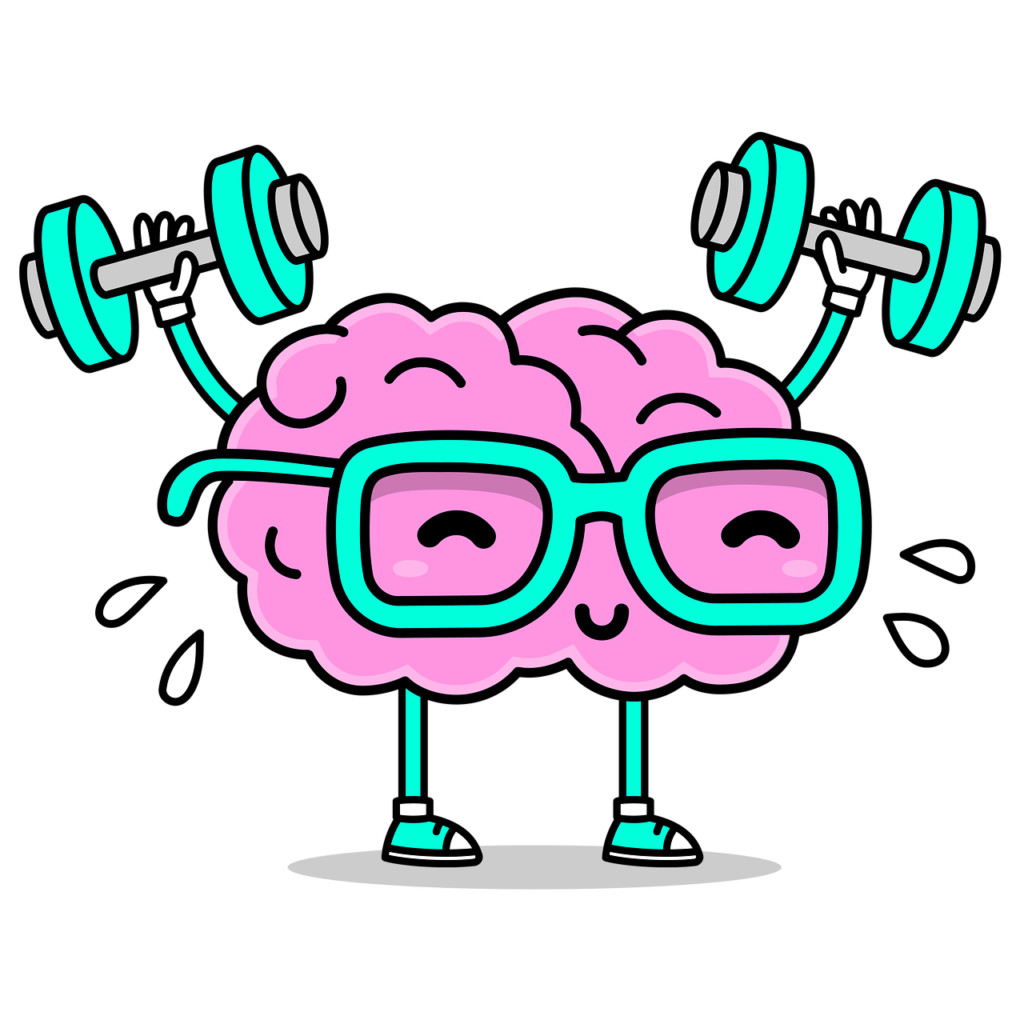In a world where age is just a number, keeping your mind sharp and agile is key to enjoying life to the fullest. Enter the realm of brain games for seniors – a fun and engaging way to exercise your mental muscles and maintain cognitive function as you age.
But what exactly are brain games, and how do they work? These games are designed to challenge various cognitive abilities such as memory, attention, problem-solving, and processing speed. By engaging in these activities, you’re essentially giving your brain a workout, strengthening neural connections and improving overall cognitive function.
The Science
As we age, cognitive decline becomes a natural part of the aging process. However, research has shown that engaging in mentally stimulating activities like brain games can help slow down this decline and even improve cognitive function over time. By challenging your brain with new and complex tasks, you’re essentially giving it a workout, helping to keep it fit and healthy well into your golden years.

The science behind brain games for seniors is compelling. For instance, a study published in the journal JAMA Internal Medicine found that engaging in brain-stimulating activities, including playing games like Sudoku and crossword puzzles, was associated with a reduced risk of developing dementia in older adults. And while brain games won’t prevent genetically inclined dementia, research shows new learning is helpful. Another study showed that regular participation in brain training activities led to significant improvements in memory, reasoning, and processing speed among seniors. Additionally, research conducted at the University of California, Berkeley, revealed that older adults who engaged in challenging cognitive tasks experienced improvements in brain connectivity and function. These studies highlight the transformative potential of brain games in maintaining and even enhancing cognitive abilities as we age.
Making Brain Games Routine
Incorporating brain games into your daily routine is easier than you might think. You can start by setting aside just a few minutes each day to play a game or solve a puzzle. Whether it’s during your morning coffee, while waiting for appointments, or before bed, find a time that works best for you and make brain games a part of your daily ritual.
The benefits of daily brain game practice extend far beyond just keeping your mind sharp. For seniors, these games can also help address common issues associated with aging, such as memory loss, attention deficits, and slower processing speed. By stimulating neural pathways and fostering neuroplasticity, brain games can help maintain cognitive flexibility and resilience, allowing seniors to stay independent and active for longer.
Which Brain Games are Best
Wondering where to start? Here are some popular brain games for seniors and what they can do for you:
- Sudoku: This number puzzle game challenges your logic and problem-solving skills, helping to improve concentration and memory.
- Crossword Puzzles: These word games exercise your vocabulary and verbal fluency, while also stimulating memory and cognitive processing.
- Memory Matching Games: These games require you to remember and match pairs of cards, helping to enhance short-term memory and attention span.
- Brain Teasers: From riddles to logic puzzles, brain teasers come in various forms and are great for challenging your critical thinking and problem-solving abilities.
The New York Times
Since the launch of the Crossword in 1942, the New York Times has captivated solvers by offering engaging word and logic puzzles. It is one of the best places to access a variety of brain games at all levels. The crossword puzzles increase in difficulty as the week goes on. You’ll need to subscribe to access the daily puzzle but they also offer a mini-puzzle if you don’t want to pay or are intimidated by the daily puzzle!
The game collection at the New York Times is extensive. For unlimited access, you will need to subscribe but they do offer limited access, one play of each a day, for free. The games offered are:
Letter Boxed — Create words using letters around a square. Wordle — Get six chances to guess a 5-letter word. Spelling Bee — Make as many words as possible with 7-letters. Connections – Group words that share a common thread. Strands — Find hidden words in a word search and discover the day’s theme. Tiles — Match elements. Vertex — Connect dots and reveal hidden picture. Sudoku — A popular game based on the placement of numbers in a 9×9 grid.
Playing a variety of different games is good for the brain. Cognitive training that uses thinking and problem solving has staying power. Every time you learn something new, the brain is activated.
Other Online Resources
There are numerous other web-based and app-based options available. They all offer a free trial or free options so you can try them out.
- Lumosity. Offers a variety of brain-training games designed by neuroscientists to improve memory, attention, and more.
- Elevate. Combines analytical thinking with engaging games and rewards that cultivate a desire to learn.
- Happy Neuron. Provides a range of brain games and exercises to stimulate different areas of cognition, from memory to language.
So why wait? Embrace the power of brain games and keep your mind sharp, agile, and vibrant as you navigate the journey of retirement. With a little bit of fun and a whole lot of mental exercise, you’ll be amazed at the difference it can make in your life.


